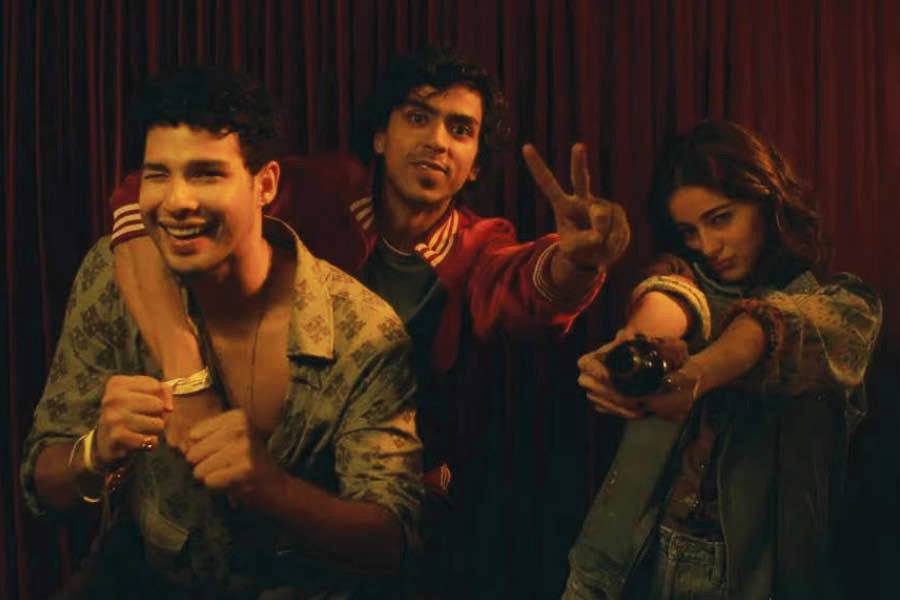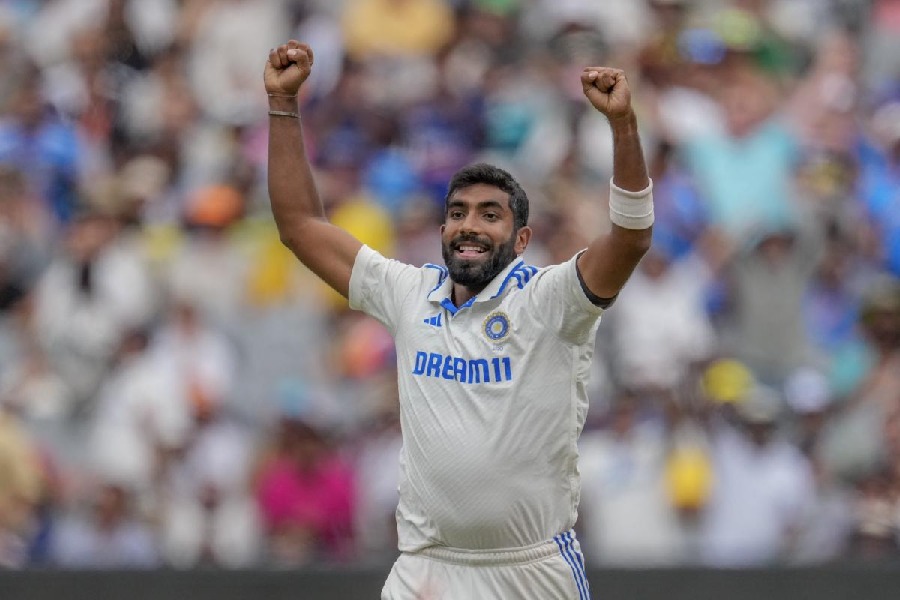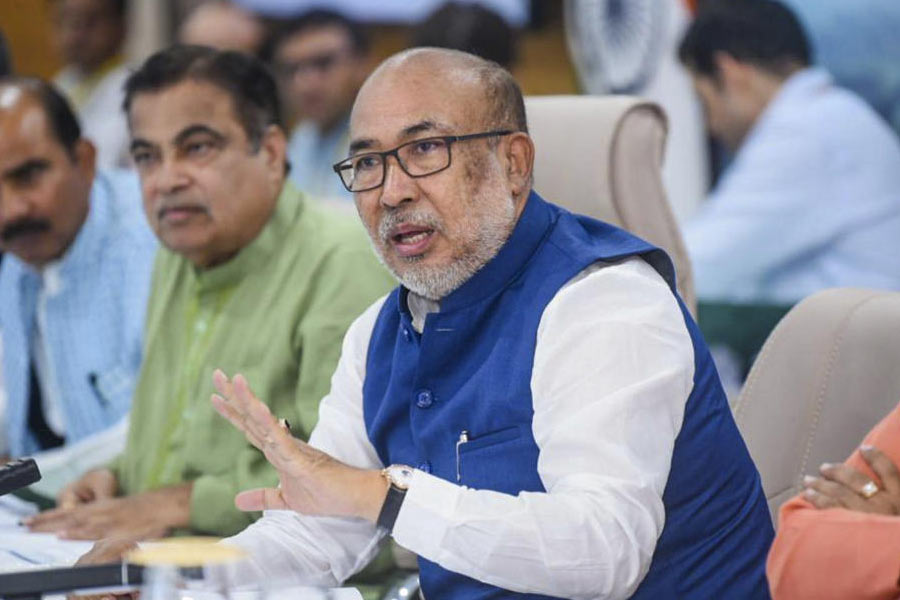Netflix’s Kho Gaye Hum Kahan is the coming-of-age story of three 20-somethings from the Instagram generation where ups and downs have to be navigated not just IRL but also on social media, which dictates self-worth, self-esteem and social currency.
Directed by debutant Arjun Varain Singh and written by Singh, Zoya Akhtar and Reema Kagti, Kho Gaye Hum Kahan is relevant and relatable, even if slightly indulgent and, in places, a bit preachy.
The story unfurls in large, airy South Mumbai apartments, swanky gyms and hip nightclubs and bars coloured in Insta-filter hues where childhood buddies Imaad Ali (Siddhant Chaturvedi), Ahana Singh (Ananya Panday) and Neil Pereira (Adarsh Gourav) — the Amar, Akbar, Anthony theme is a bit on the nose — live, love and lose. Imaad is a stand-up comic. He rooms with Ahana, who is a corporate consultant. Neil is a personal trainer at a gym. They hang out together, scroll Insta together, party together and give each other space in the idyllic world they inhabit.
But each has secrets and insecurities that inform their actions, not just in real life but also online. Imaad comes from privilege but is grappling with past history hinted at by his interactions with his therapist and his father. Ahana’s steady relationship of three years suddenly disintegrates when her boyfriend asks for a break. Neil is stuck in a middle-class rut that is at odds with the rich clients he attends to at the gym and their glamorous social media lives.
Each of their issues in real life finds outlets online. While Imaad, afraid of emotional intimacy, indulges in fleeting Tinder dates despite finding a suitable partner in the older Simran (Kalki Koechlin). Ahana’s boyfriend breaking up with her pushes her into online stalking and fake posturing in a bid to win him back. Neil’s channels his frustrations in the form of online trolling and account hacking.
Kho Gaye Hum Kahan does well in juxtaposing real life with the virtual and how one spiralling out of control feeds the other. Each of the characters demands privacy and respects space in real life but seems to lose sight of it when they are on social media. Some predictable dialogues apart — one of the characters says ‘it seems like we are more connected on social media but actually we have never been more alone’ and another says she is not ‘Tinderella’ — the writing is crisp and the conversations feel natural. A few scenes stand out, like the confrontation between Imaad and Neil over the former’s use of his friend’s life as on-stage material and the latter hitting out about privilege.
Unfortunately, none of the central characters’ actions seems to have severe consequences and everything is tied up into a neat little bow at the end. A heartfelt apology posted by a troll rights all wrongs, a public acknowledgement of trauma is cathartic and healing, and a confrontation rejuvenates lost self-esteem. If only that happened IRL.
What works in favour of the film the most, however, is the relatability of the main cast. Siddhant makes the most of his meaty role, and he is a natural as a stand-up comic with perfect delivery and self-effacing charm. Ananya is perfect as the fun-loving, confident yet vulnerable girl and does a good job of bringing Ahana to life. A cut above the rest is Adarsh, who adds emotional heft to the film with his depiction of the most layered character of the three.
Kho Gaye Hum Kahan is a film of, by and for the Instagram generation. To social media-averse dinosaurs, it might feel a tad indulgent but it is also a good way to decode the ins and outs of the world that Gen Z inhabits.










